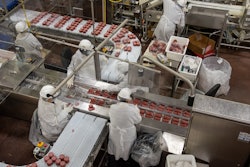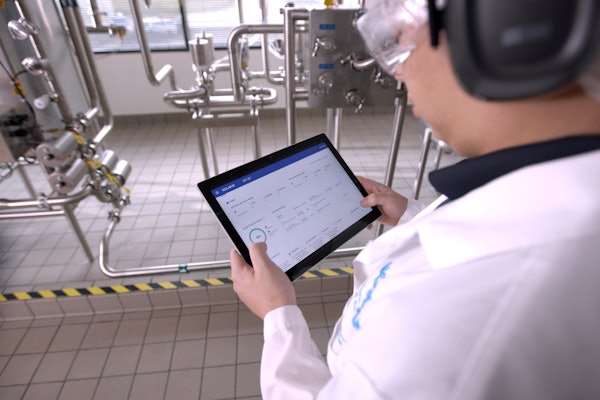Green Thumb Industries (GTI) is a consumer packaged goods company and retailer that manufactures and distributes a range of cannabis products. Headquartered in Chicago, the company owns and operates national retail cannabis stores called Rise. GTI has 13 manufacturing facilities, licenses for 97 retail locations, and operations across 12 U.S. markets.
The food safety culture at its facilities is nearly identical to those at food and beverage plants, but is ramped up to meet cannabis regulations.
“If one of us fails, we all fail, especially being a new industry,” says Wendy Uhls, quality and compliance manager. “Right now, it’s not federally legal. If one of us has any sort of major incident, that could take us down. We can’t risk that. We’re doing everything that we can to make sure that doesn’t happen on our end. We must have a very specific flow with traceability that’s probably a little more than what the food industry has.”
Janet Sullivan, quality compliance manager for GTI, agrees. Even though GTI’s Homestead, Fla., facility does not currently produce edibles, it still follows all FDA, state, and local regulations. “We make sure that we have our asset plan, the allergen control, and all the regular GMPs that any food plant would have,” she states.
At present, the Florida facility is producing oils and tinctures. Sullivan was hired by GTI for her broad range of food safety experience to handle edibles when her facility starts the production process. “I have the background to make sure we have the right controls and programs in place to be able to handle those edibles when we do get them,” she says.
Changing the culture has been a bit of a challenge, Sullivan says. “People have been here for several years, and here I am, the new person, coming in trying to change the culture. The biggest obstacle so far is just to get them onboard with the food safety piece, and how to develop that into the facility,” she states. “It’s just changing people’s mindset on what they had been doing before.”
Uhls says one of her biggest challenges is training employees who come from outside the food industry. “We’ve got a lot of workers coming from textiles or other industries that may not necessarily have the same standards,” she states. The good news is that most of the workers are fairly young in their careers, so Uhls says she is able to embed the needed knowledge early, which is a definite benefit.
As would be expected, the cannabis industry is heavily monitored. In Illinois, for example, the Department of Agriculture monitors all processes, has access to facility cameras, and performs weekly virtual inspections. In addition, Illinois State Police conduct monthly in-person surprise visits.
In Florida, the Department of Health regulates production. “We have a whole book of regulations to follow, all the way from where the employees come in through the door, and all the way through our green waste being disposed of at the end of the day,” says Sullivan. Florida workers must be fingerprinted and undergo a check with the Department of Health to ensure potential employees have no past history of felonies or drug convictions, for example.




















